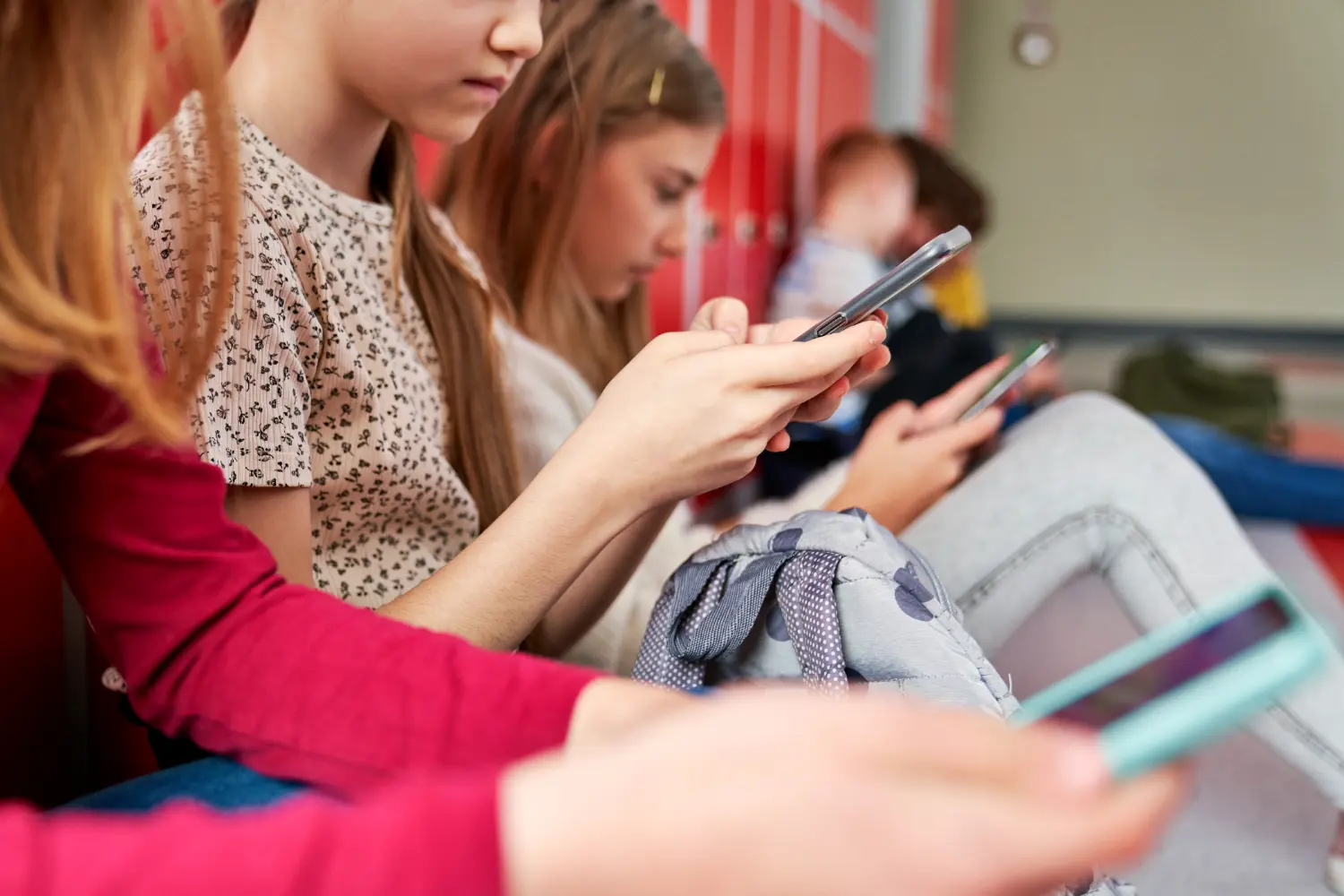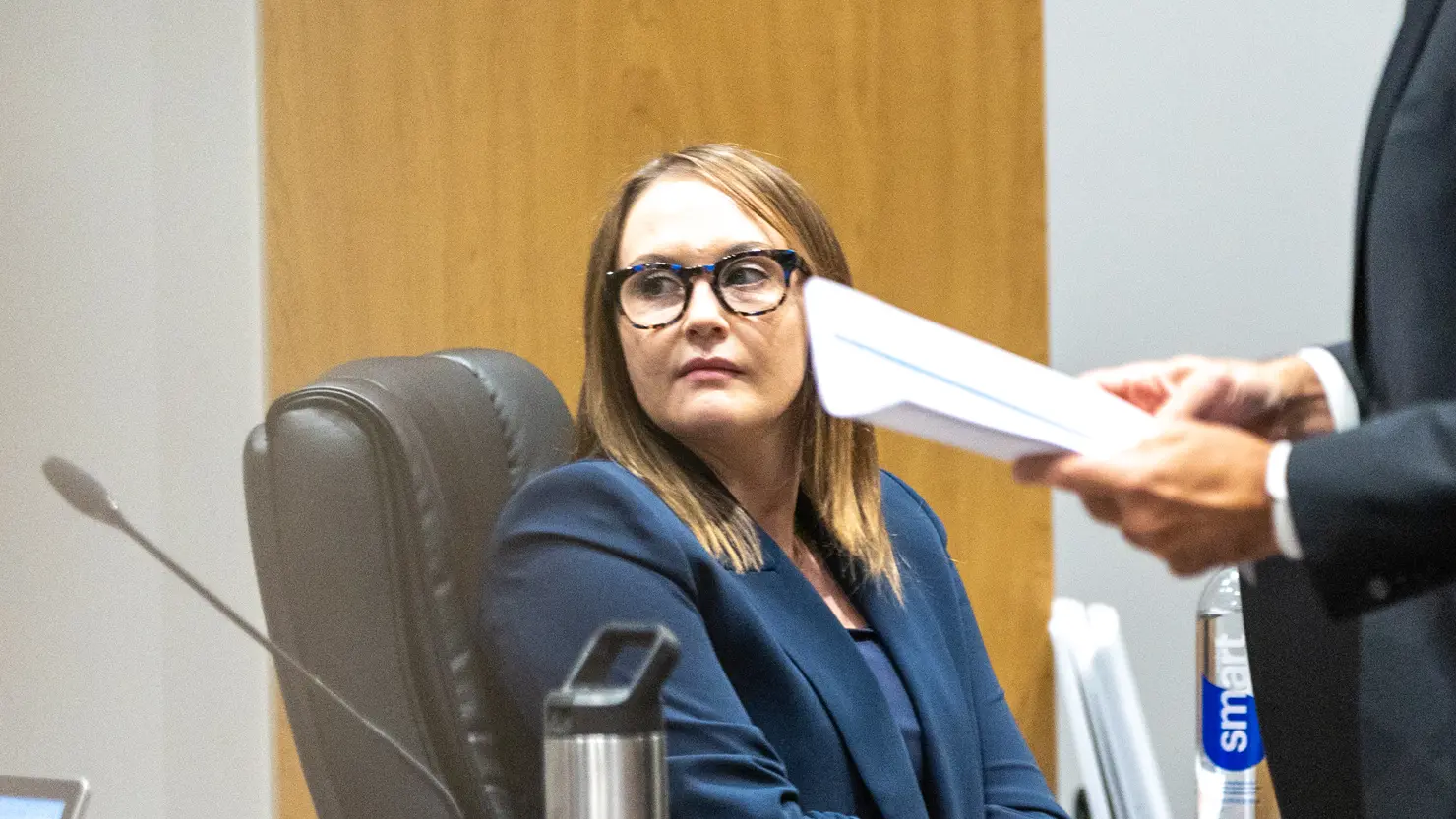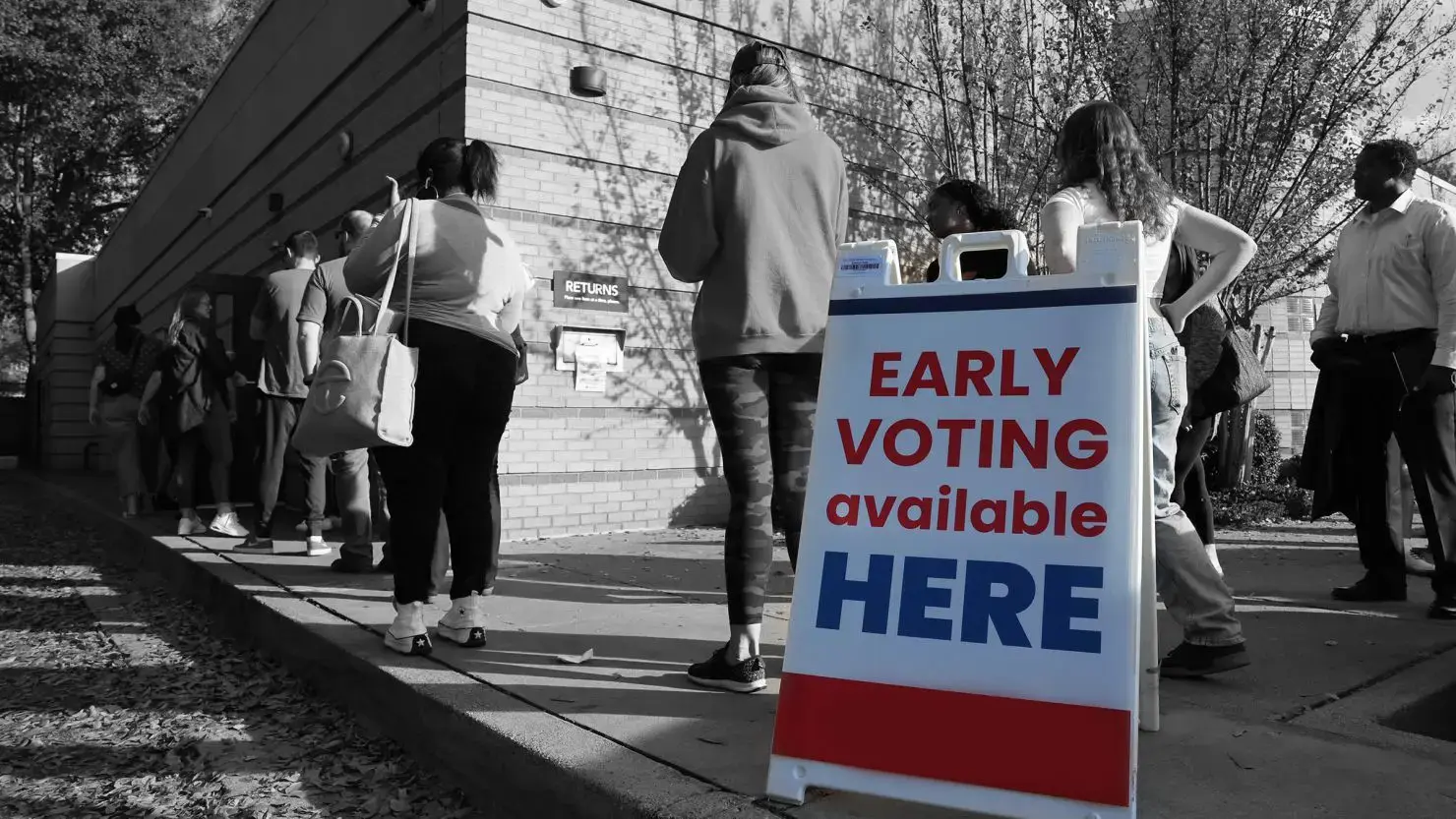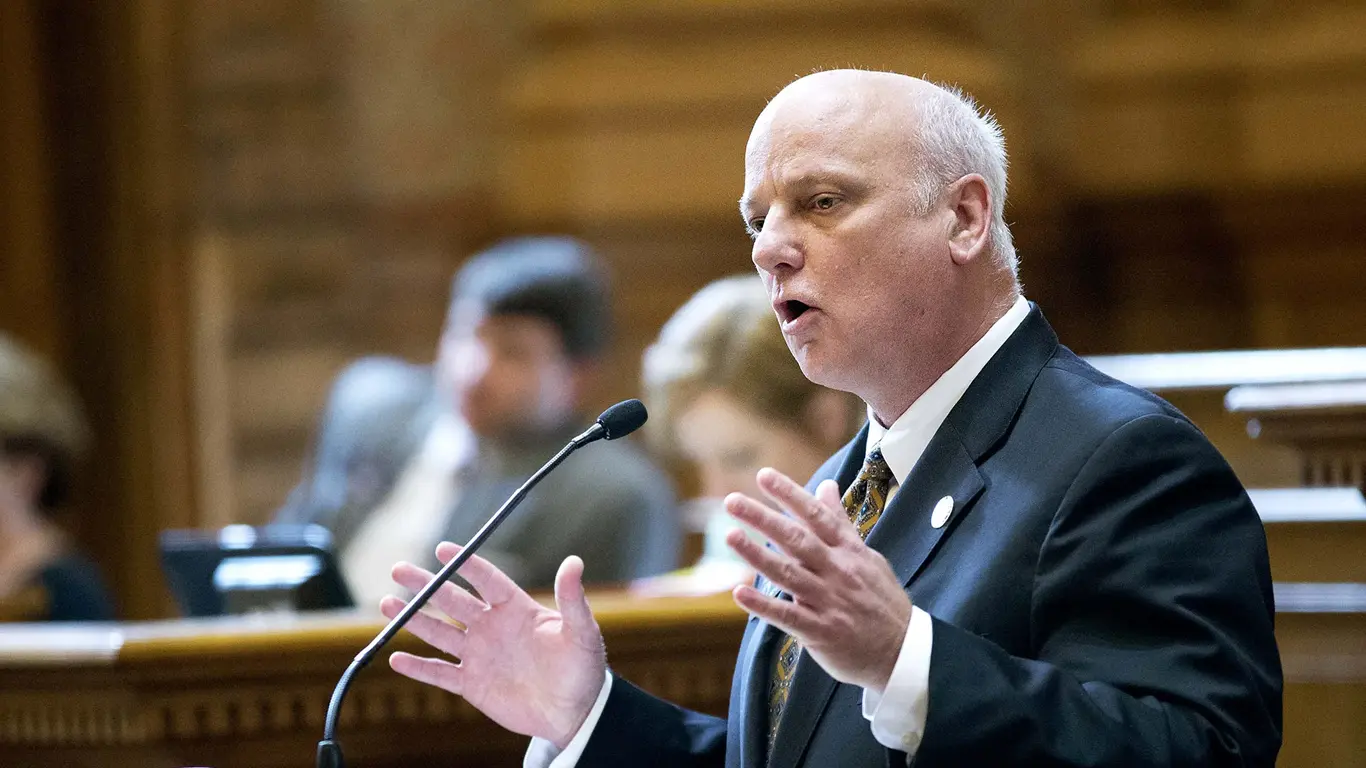The Georgia legislature has taken a decisive step toward restoring order in classrooms and protecting students from the dangers of social media addiction. House Bill 340, which bans personal devices for kindergarten, elementary, and middle school students during the school day, is now headed to Governor Brian Kemp’s desk for final approval.
On Tuesday, the Georgia Senate overwhelmingly passed the bill in a bipartisan 54-2 vote, with only two Democrat senators opposing it. The legislation mandates that public schools establish strict protocols for storing and restricting access to devices such as smartphones, tablets, smartwatches, Bluetooth headphones, and e-readers. Schools must have these policies in place by January 1, 2026, and fully implement the ban by July 1, 2026.
Importantly, the bill does not restrict school-issued devices used for learning and includes exemptions for students who require personal devices for verified medical or educational purposes.
Ending Classroom Distractions and Social Media Addiction
State Rep. Scott Hilton (R-Peachtree Corners), who championed the Distraction-Free Schools Act, emphasized the urgent need for reform. “With cell phone use among children at an all-time high, we must take action to protect the integrity of our classrooms,” he stated. “Studies overwhelmingly show that limiting phone access significantly increases students’ focus, reduces distractions, and fosters a more effective learning environment.”
The data supports this move. According to Pew Research, 72% of teachers say cell phones are a major classroom distraction. Additionally, a different Pew Research poll shows nearly 70% of Americans support banning phone use during class.
Republican state Sen. Jason Anavitarte (R-Dallas), who led the bill in the Senate, highlighted another crucial aspect of the ban—student mental health. “We want students engaged in school, socializing with friends during lunch, and focusing in the classroom,” he explained. The legislation aims to curb the toxic effects of excessive social media exposure and cyberbullying that have been linked to skyrocketing depression and anxiety rates among young people.
Republicans Lead on School Safety and Order
Despite broad bipartisan support, some critics raised concerns about students’ ability to contact parents in emergencies. Republican Sen. Mike Dugan swiftly shut down these fears, explaining how unfettered phone use in crises can actually worsen chaotic situations. “In a large school, you have 600 children texting 911 or calling their parents, 1,200 parents calling 911 or the school, and rumors spreading wildly. Meanwhile, first responders are being flooded with misinformation,” he warned.
Even some Democrats recognize the need for reform. Sen. Jason Esteves, who represents parts of Cobb County, acknowledged the dangers of social media addiction, noting its harmful impact on student mental health. However, as expected, some Democrats pushed back. Sen. Nabilah Islam Parkes filed a weak minority report arguing that individual schools should determine cellphone policies—though she ultimately voted for the bill.
Widespread Support from Education Groups
The bill has garnered strong endorsements from education groups, including the Association of Georgia Educators, GeorgiaCAN, and ExcelinEd in Action. These organizations recognize that rampant cellphone use is undermining student learning and discipline in classrooms.
When asked about the local impact of the bill, a Cobb County School District spokesperson said, “…we will review all legislation from this session which affects Cobb Classrooms (after) they are signed by Governor Kemp.”
With Gov. Kemp’s expected signature, Georgia is poised to take a leading role in restoring common sense and discipline in public schools. Republicans are once again proving their commitment to real education—not distractions, not social media addiction, and certainly not the chaos that comes from unchecked cellphone use.







